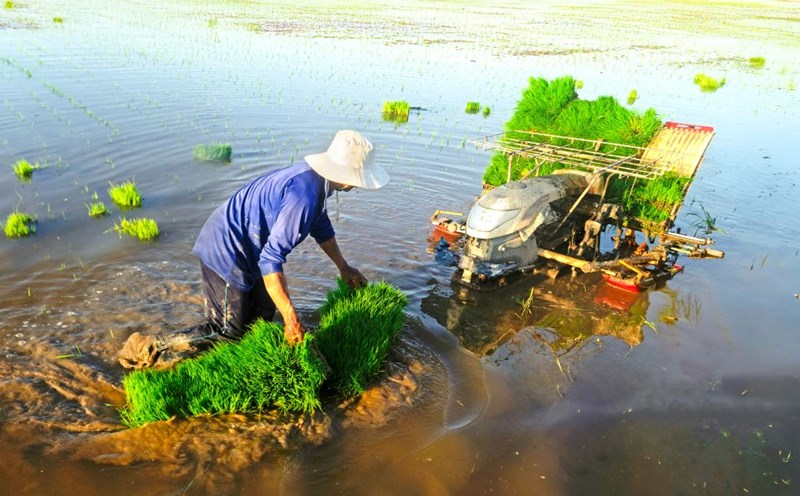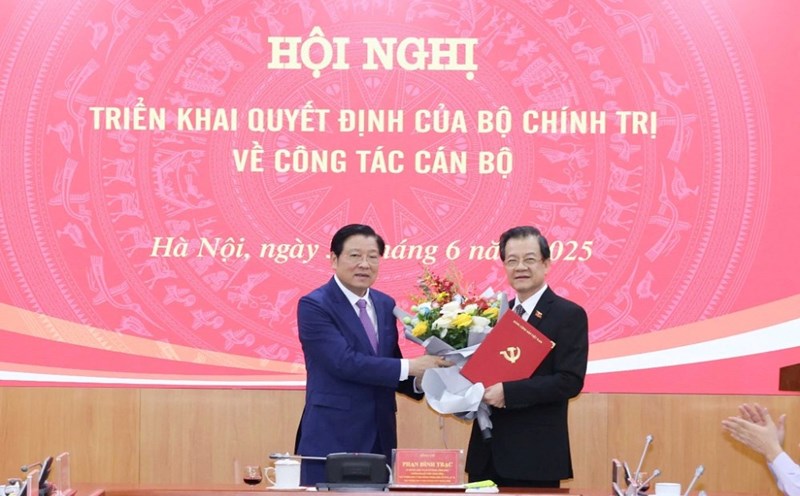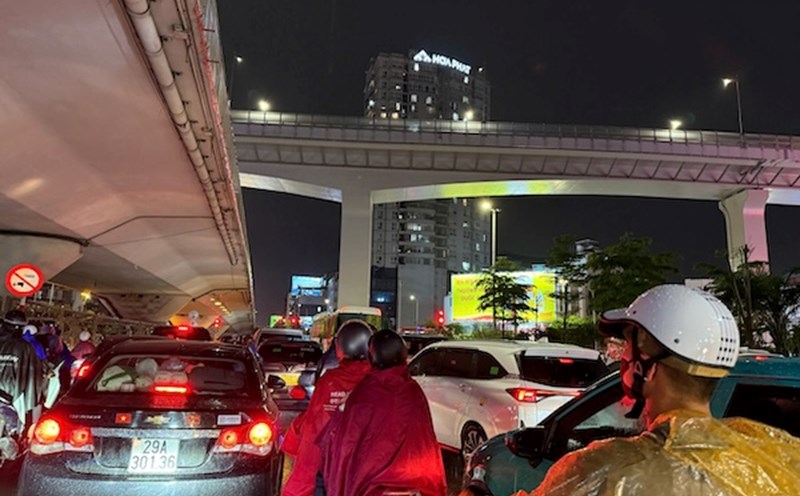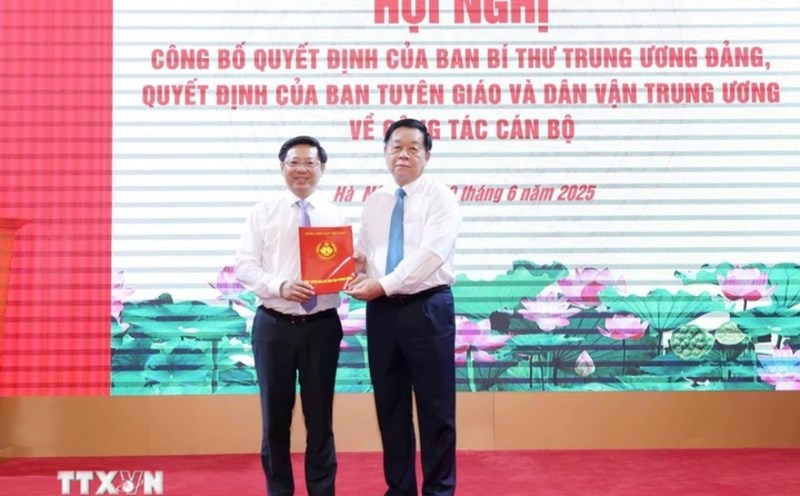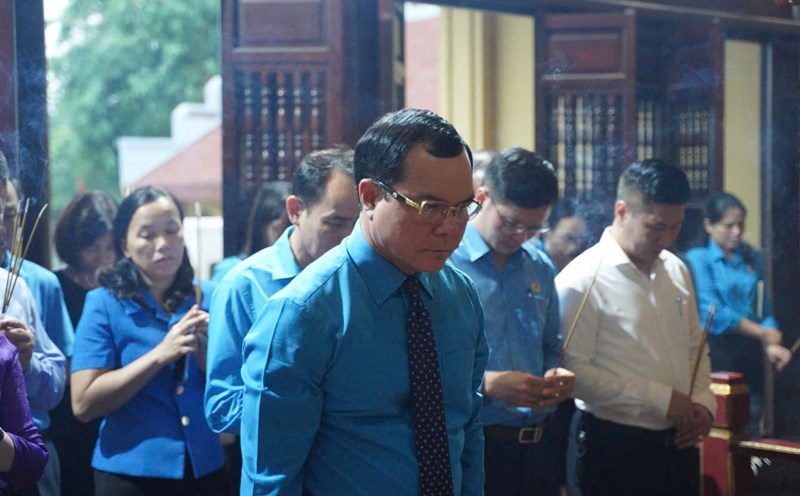On June 30, the International Workshop "Low-emission rice and climate finance mobilization" attracted the participation of many experts, policymakers, representatives of management agencies, international organizations and enterprises. The program was organized by Hanoi Business and Management School in coordination with the Ministry of Agriculture, Forestry and Fisheries (MAFF), the Institute of Agricultural and Environmental Strategy and Policy (ISPAE), Green carbon Company Japan and Dragon Capital.
At the workshop, experts focused on discussing the alternate dry irrigation method (AWD) - a rice farming technique that significantly reduces methane emissions, saves irrigation water and maintains productivity. The AWD model deployed by Green carbon in Nghe An and An Giang has initially shown positive results. In Nghe An, CH4 emissions can decrease by more than 60%, contributing to increasing household income. The project in An Giang alone has a scale of 116,000 hectares, expected to create millions of carbon credits in the period of 20252032.
Green Carbon also introduced a transparent measurement, reporting and verification (MRV) process, using digital tools, sensors and satellite data to accurately calculate reduced emissions. Thanks to that, Vietnam can effectively participate in the voluntary carbon credit market and the market complying with Article 6 of the Paris Agreement.
At the workshop, representatives of the Department of Climate Change, the Department of International Cooperation, and the Department of Crop Production and Plant Protection (Ministry of Agriculture and Environment) all emphasized that expanding the low-emission rice model is a key strategy to implement the commitment to reduce greenhouse gas emissions by 43.5% by 2030 and achieve net zero emissions by 2050, if fully supported by international support. The workshop is a forum to connect the government, businesses and investors to build a carbon credit ecosystem for the Vietnamese agricultural sector.
From a financial perspective, Green carbon and Dragon Capital emphasize the potential for commercializing carbon credits in agriculture. Creative financial solutions are proposed to properly assess ecological values and attract green capital flows. Dragon Capital is committed to accompanying with the role of capital support, strategic consulting and promoting ESG integration throughout the agricultural value chain.
Speaking at the workshop, Mr. Tanaka Tomoki - Deputy Head of the International Strategy Federation (MAFF Japan) said that the Joint Stock Credit Mechanism (JCM) will be an important tool to help mobilize climate finance. The Vietnam - Japan strategic partnership is being strengthened through technology transfer, technical assistance and long-term cooperation for global climate goals.
With the vision of becoming a leading agricultural carbon credit platform in the region, Green carbon is promoting cooperation with cooperatives, research institutes and international organizations to promote the low-carbon farming model in Vietnam. carbon credits will become strategic assets, contributing to fair and sustainable value redistribution.

